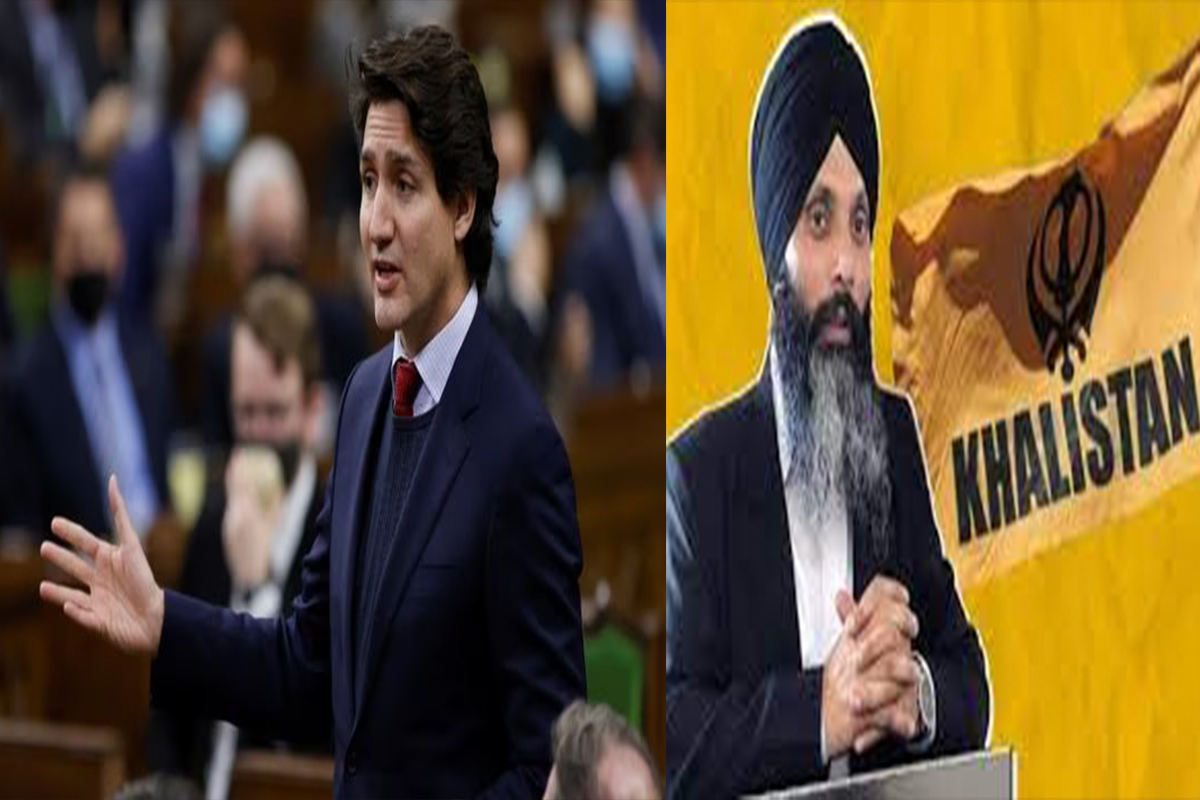Bilateral relations have been a little tense between India and Canada during recent times. It began with the Khalistan separatist movement gaining renewed visibility in Canada, with different fringe groups from among the Sikh diaspora (about 2% of Canadian population) organizing events, rallies and fundraisers to revive mid-90s’ bloody separatism in Indian Punjab. Strangely, these groups and individuals have been keeping mum on the western side of the old Sikh kingdom of Maharaja Ranjit Singh who ruled from Lahore. There have been no noises about their ‘Khalistan’ including modern day Pakistan in its territorial ambitions. A large section of global security and intelligence believe that a portion of funds and sponsorships pushing this movement comes from Pakistan itself; hence all this excitement is only about breaking away Indian Punjab, Himachal, and J&K from the Indian map.
I use the word ‘tense’ to represent the Canadian point of view. Relations have been tense only after India expressed its displeasure about the Canadian government harbouring separatist elements in its country. Relations were not tense when PM Justin Trudeau demonstrated self-righteousness in lecturing New Delhi about how to comply with the Shaheen Bagh separatists’ rally, or how to look at violent farmer protests. Relations don’t fall in the category of ‘tense’ when Trudeau and his party leaders shelter Khalistani separatists who encourage assassination of MEA officials, glorify India Gandhi’s killing or when they attack Hindu temples.
So, why are relations ‘tense’ now?
READ MORE: Canada accuses India for Khalistani’s killing; baseless, say Delhi
Canada, being a member state of the supremacist West, thinks that it can behave the ways it deems fit in the international arena and sermonize the rest of the world on how to handle their domestic affairs. This traditional one-way-traffic behaviour has had an unfamiliar awakening since New Delhi began actively expressing its concerns about Khalistani elements in Canada: how Canada subtly promotes anti-India activities (like the June parade float in Brampton that was themed after the assassination of Indira Gandhi), or how that might affect trade relations between the two nations.
Since Western nations are not accustomed to reciprocal behaviour, the Trudeau government at the beginning of September, promptly announced a pause in the trade talks with India, and has expelled a top Indian diplomat just about a few hours ago linking New Delhi with the recent murder of Canada-based Khalistani separatist leader Hardeep Singh Nijjar.
Temporary pauses in trade-talk with Canada are nothing new – they have been a regular feature since at least a decade now. Besides, India does not consider Canada as a strategic trade partner. The trading volume is quite low, and is easily replaceable. However, the expulsion of a top Indian diplomat is a new domain. A section of analysts that I keep in touch with think that there is a US hand in it and that Trudeau does not have the capacity to act on his own.
READ MORE: Turbulent departure of Canadian PM mirrors strained India-Canada relations
Though there is a fair measure of truth in both the arguments, I have a slightly different opinion.
I do not think that the US is involved – not at this stage. Are they aware of it? Have they been informed? Of course! Trudeau is too small a pawn to be moving on the chessboard without informing his superiors. But did the White House initiate the expulsion? Doubtful! No matter how small a fish, there is always some amount of freedom there for the Western leaders, especially as long as their movements are inconsequential to the immediate big picture (case in point: recent French decisions about Niger). And Indo-Canadian trade relations are inconsequential to the USA at this moment. What happens in the medium-run as a result of this move could be important to White House, but the move in itself and at this stage is of low concern.
The USA has left the G20 with at least one big ticket – the New Spice Route. While the joint statement that featured Ukraine may or may not have any impact in the coming American elections owing to a number of very recent developments (something that can be covered in another article), the Middle Eastern trade corridor is nothing short of a blockbuster, at least theoretically.
Trade corridors are gradually acquiring the shape of the oil and gas pipelines of the 20th century; their importance would only grow with time. Yes, there are quite a few of them – most of them have been non-starters so far. And that is indeed the reason why those that are successful would be the leaders in the new world, showing the path to establishing and cementing the dynamics of changed international relations. Needless to say, the USA is expected to push the new Spice Route hard enough – for its own sake.
READ MORE: ‘Kill India’ posters circulate as Pro-Khalistani rally turns violent in Canada
Naturally, at this point, the fate of Indo-Canadian trade relations is of low priority to the US government. That probably left the initial decision of making a move, to Justin Trudeau.
Now Trudeau is not known around in the circuit as a top order statesman. ‘Justin Trudeau’, argues Alex Lo, ‘has taken his father’s progressive politics into extreme “woke” territories. It’s becoming a dystopian nightmare’. Ace clinical psychologist (probably the best in the world today) Jordan Peterson calls him someone who is ‘shallow, shameless, self-aggrandizing, and obsessed with moral posturing.’
Left to take a decision on his own, Trudeau – the attention seeker who got a diplomatic cold shoulder at the Delhi G20 – chose to react in a way most narcissists would. Cancel culture is a prime weapon among the wokes, and for Justin Trudeau – Canada’s most visible woke, perhaps this is the only existing response.
(Arindam Mukherjee is a geopolitical analyst and the author of JourneyDog Tales, The Puppeteer, and A Matter of Greed.)
Disclaimer: Views expressed are the author’s own.










